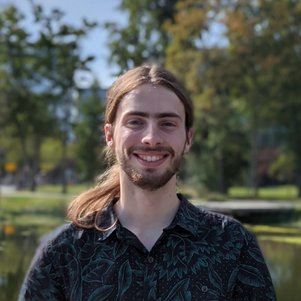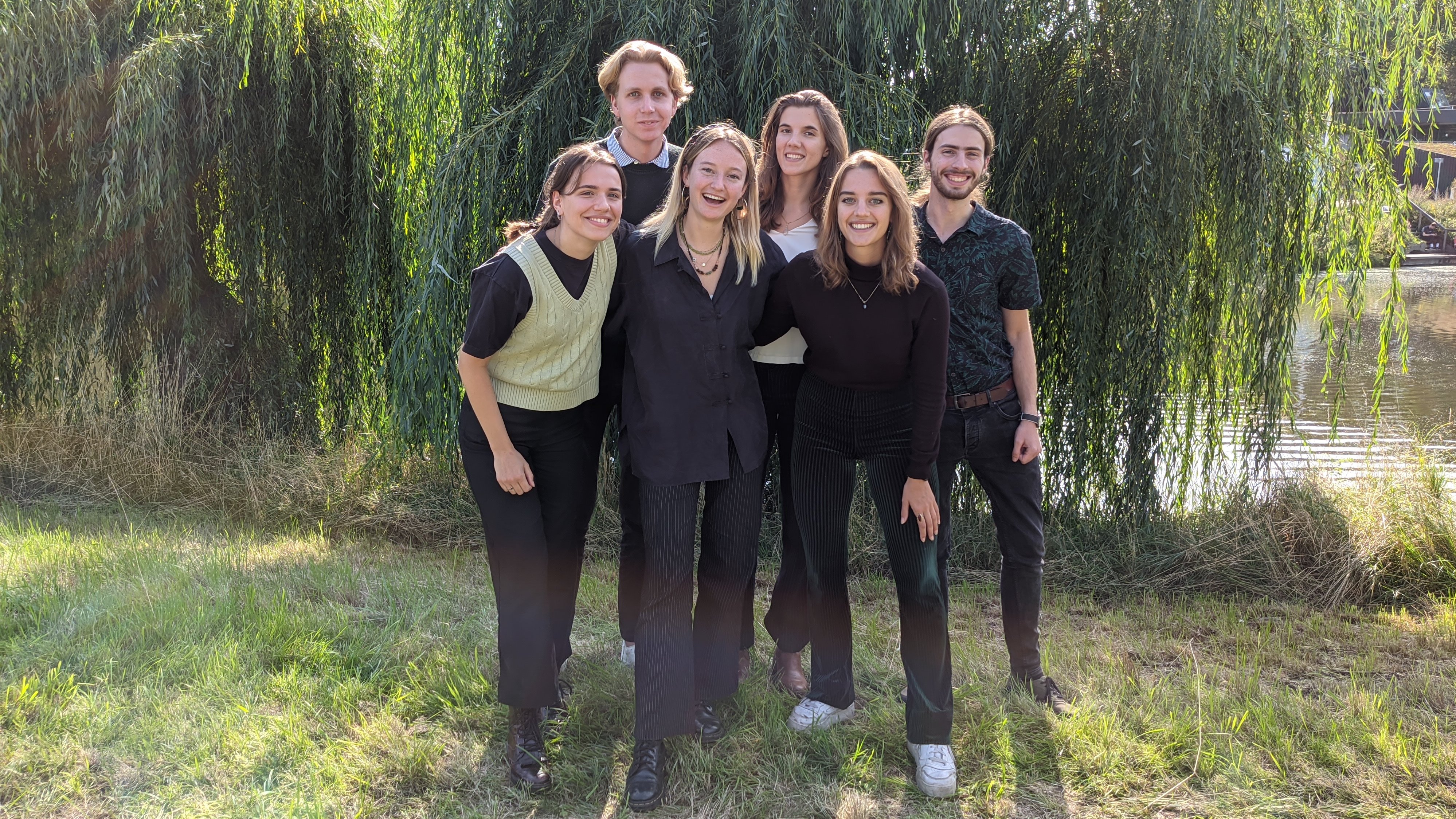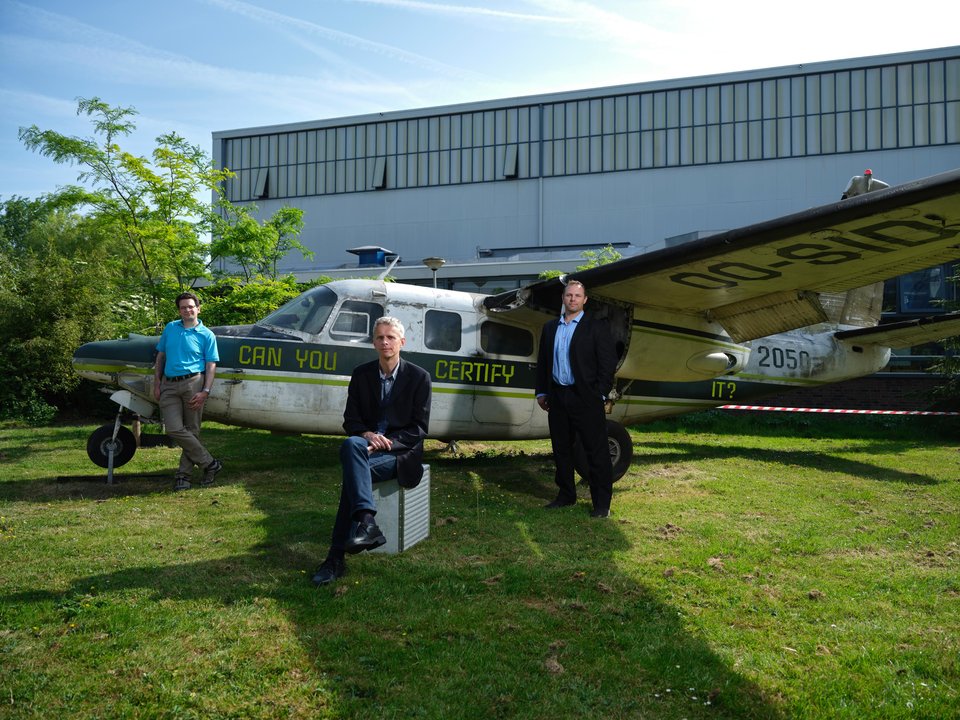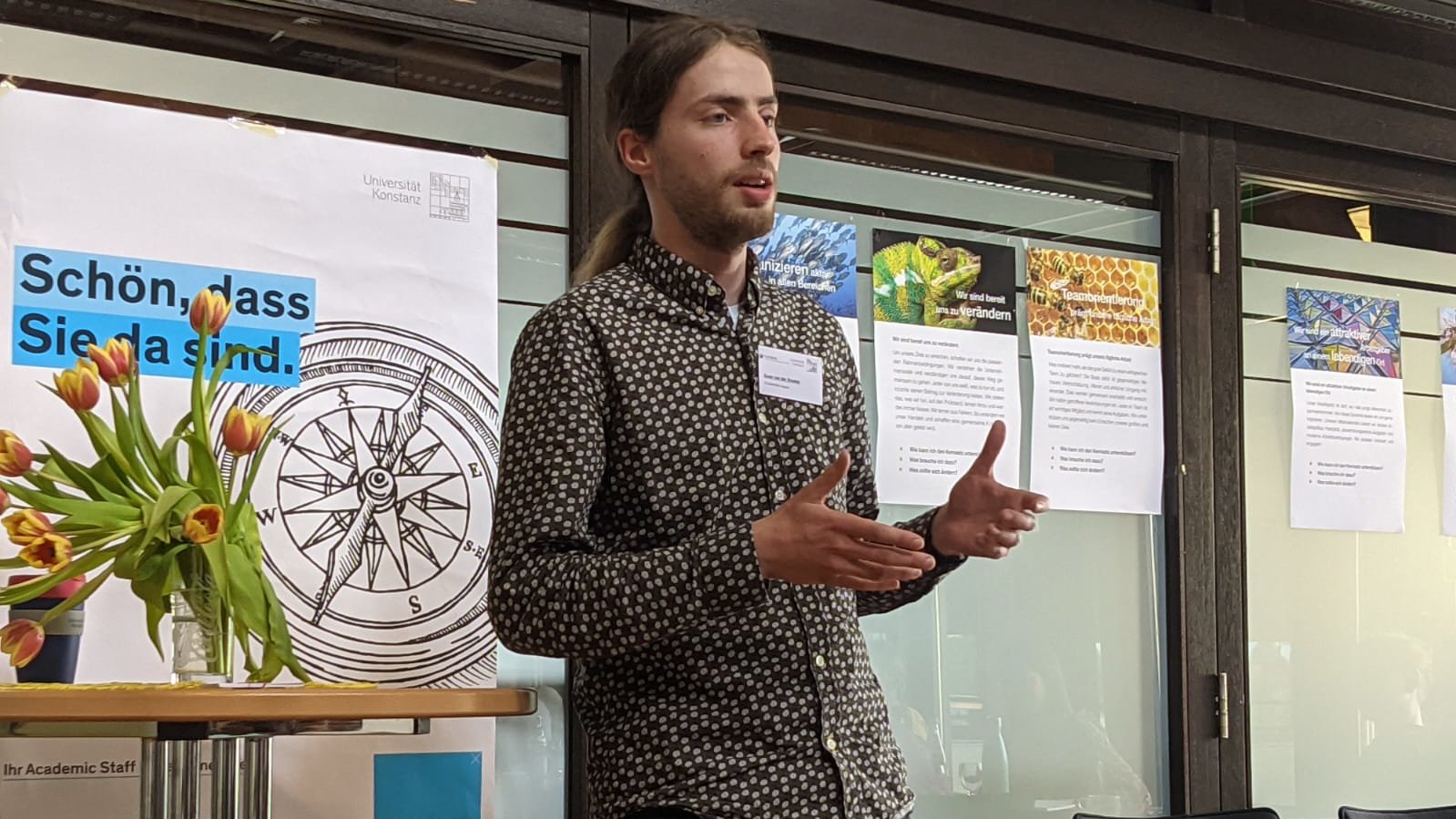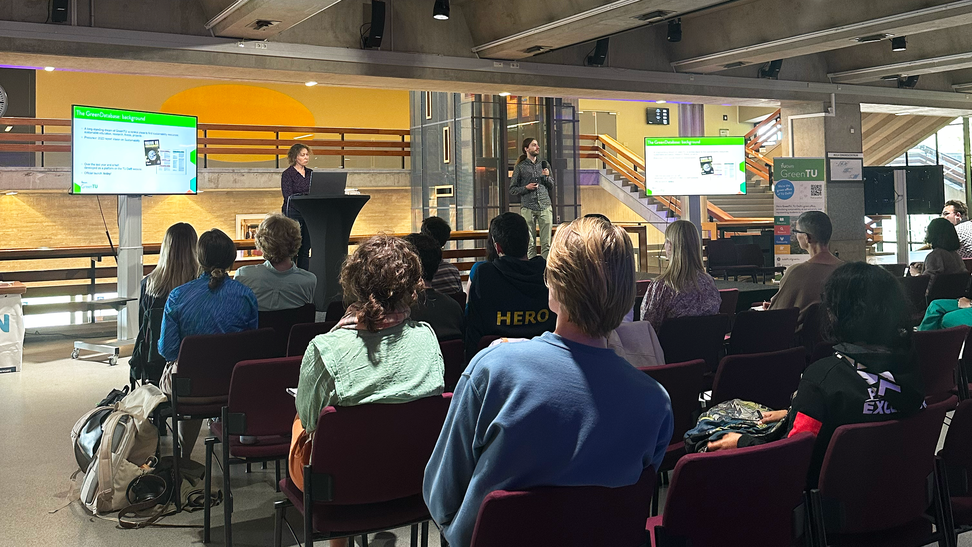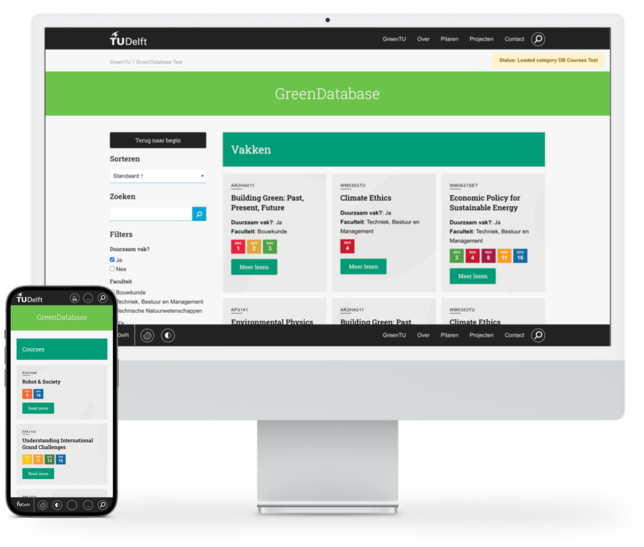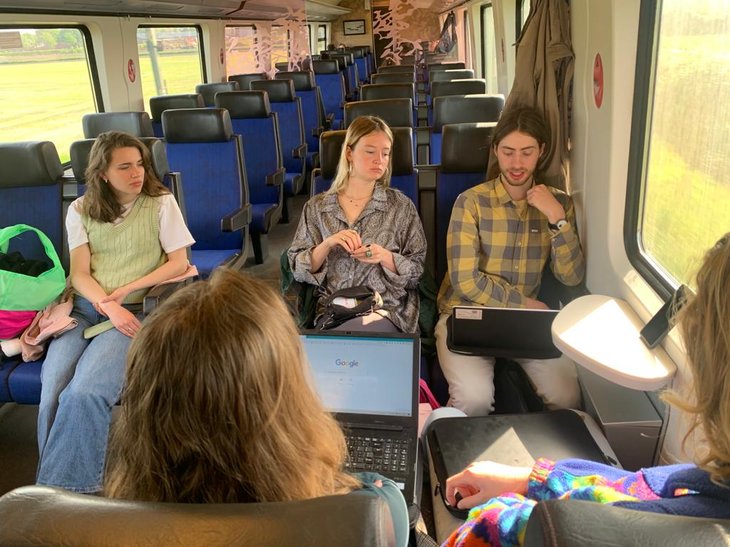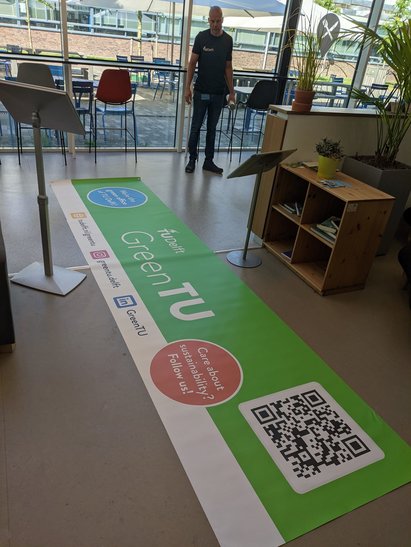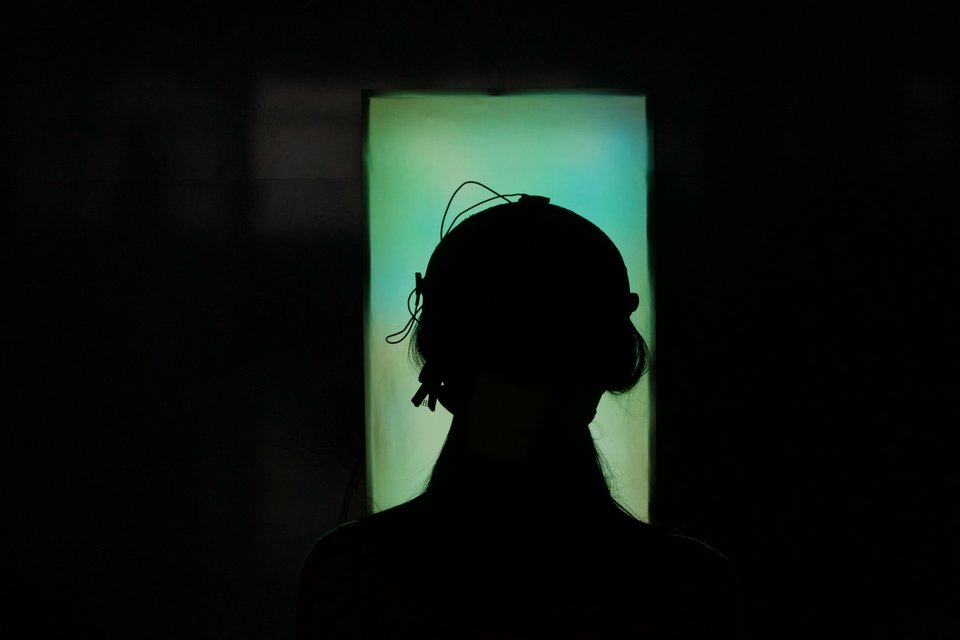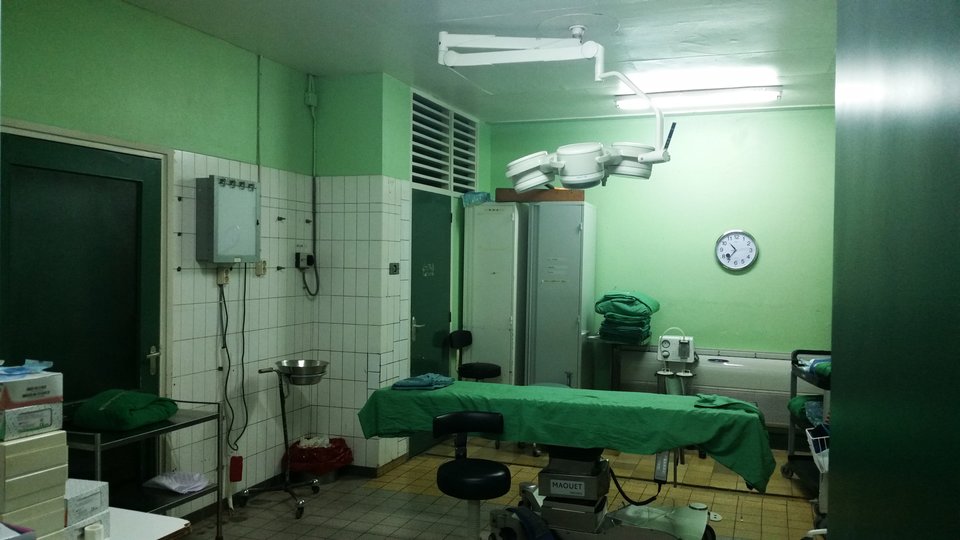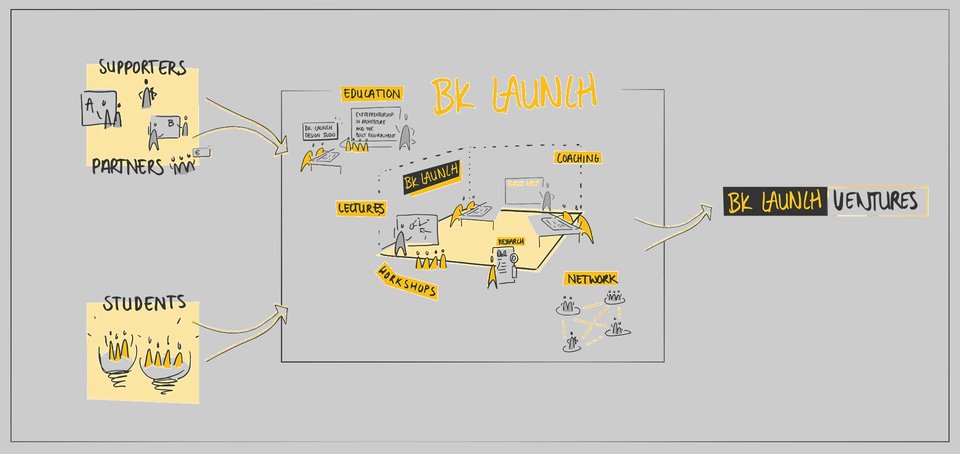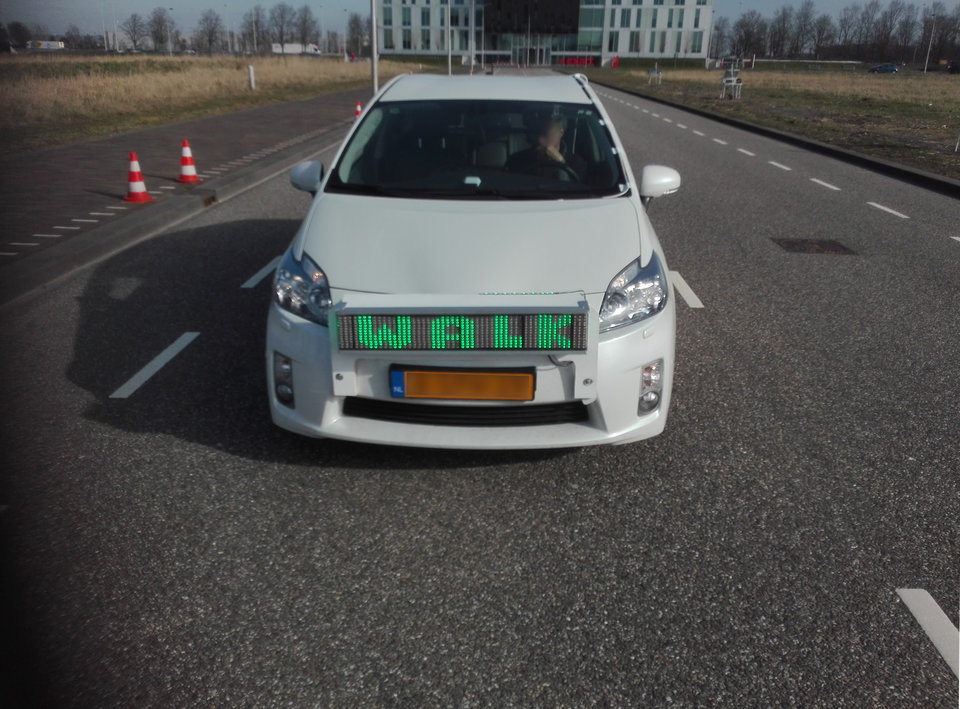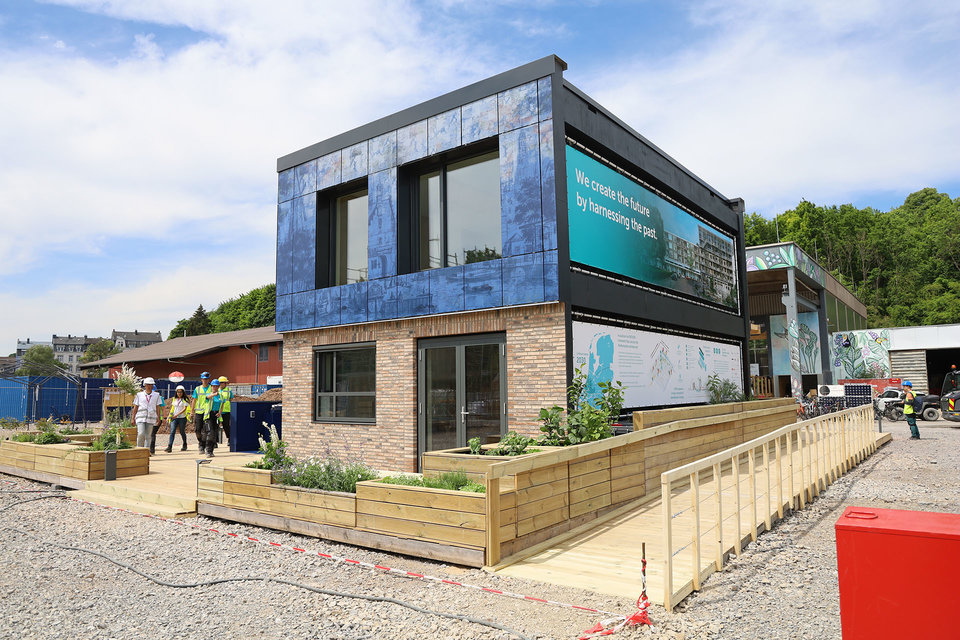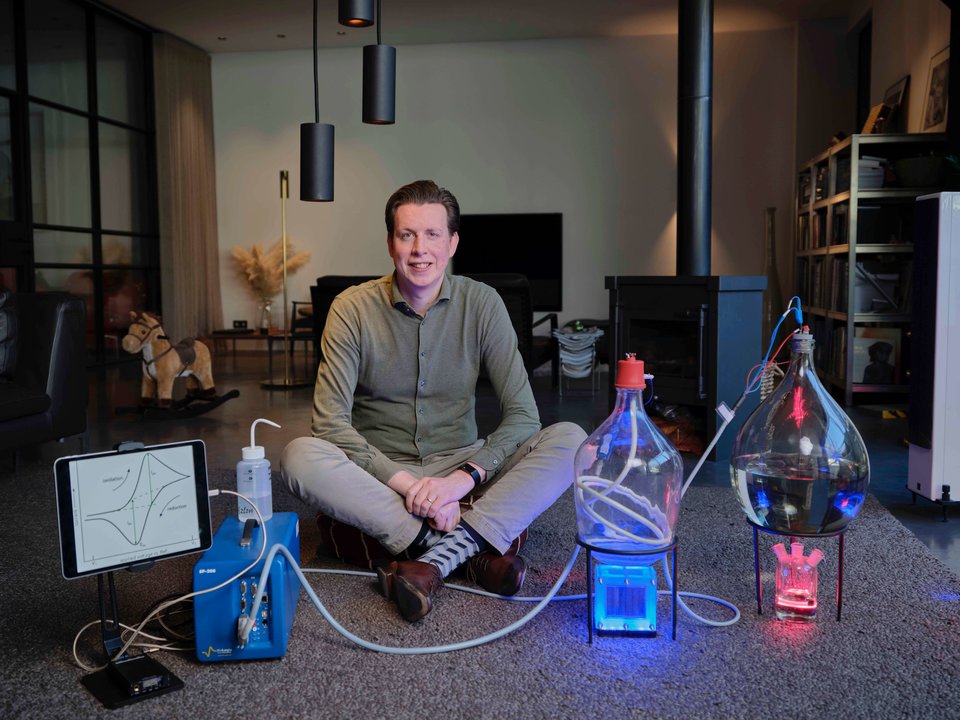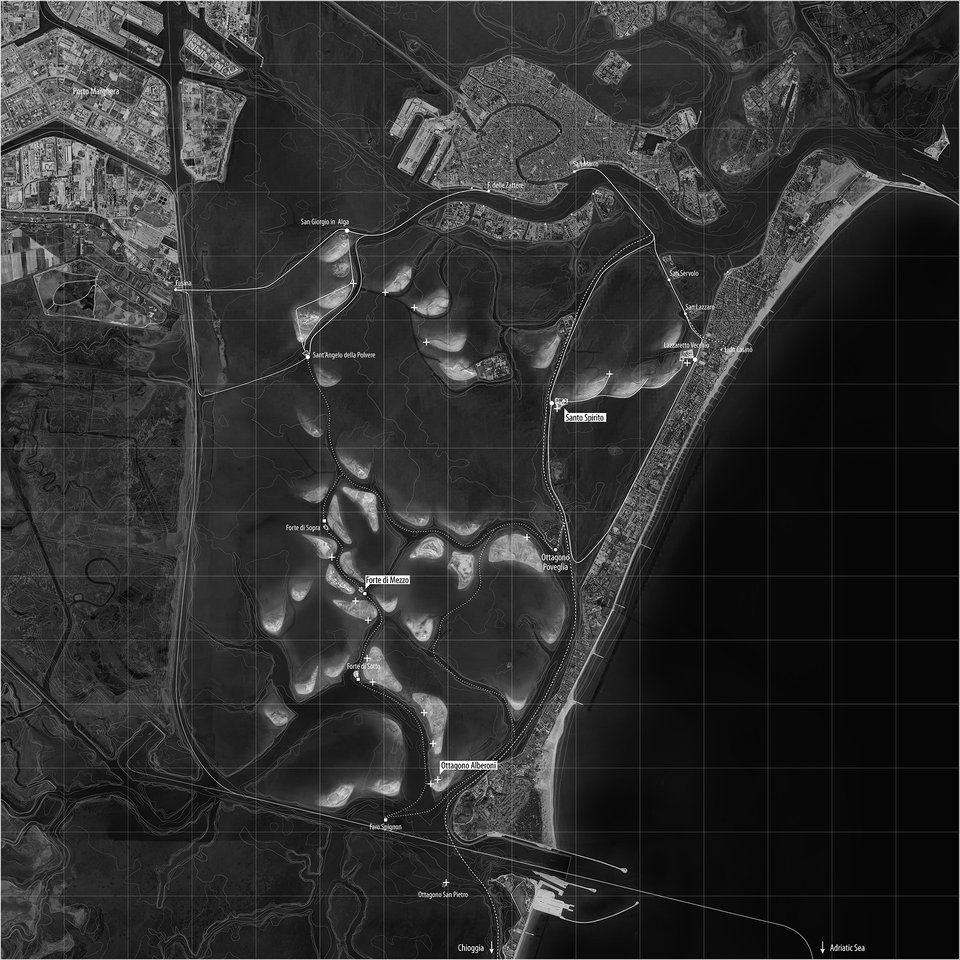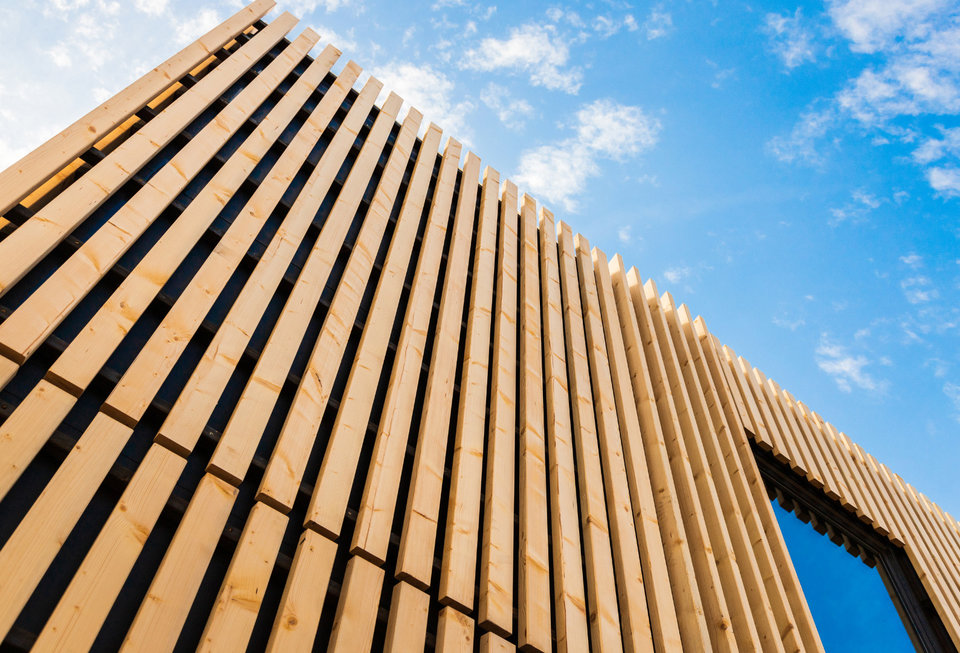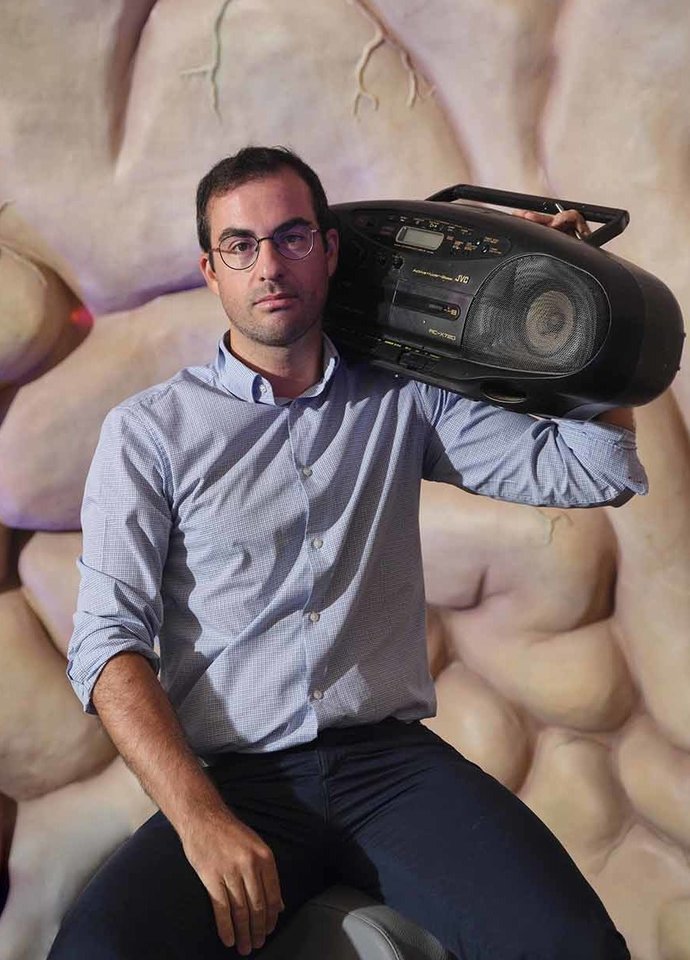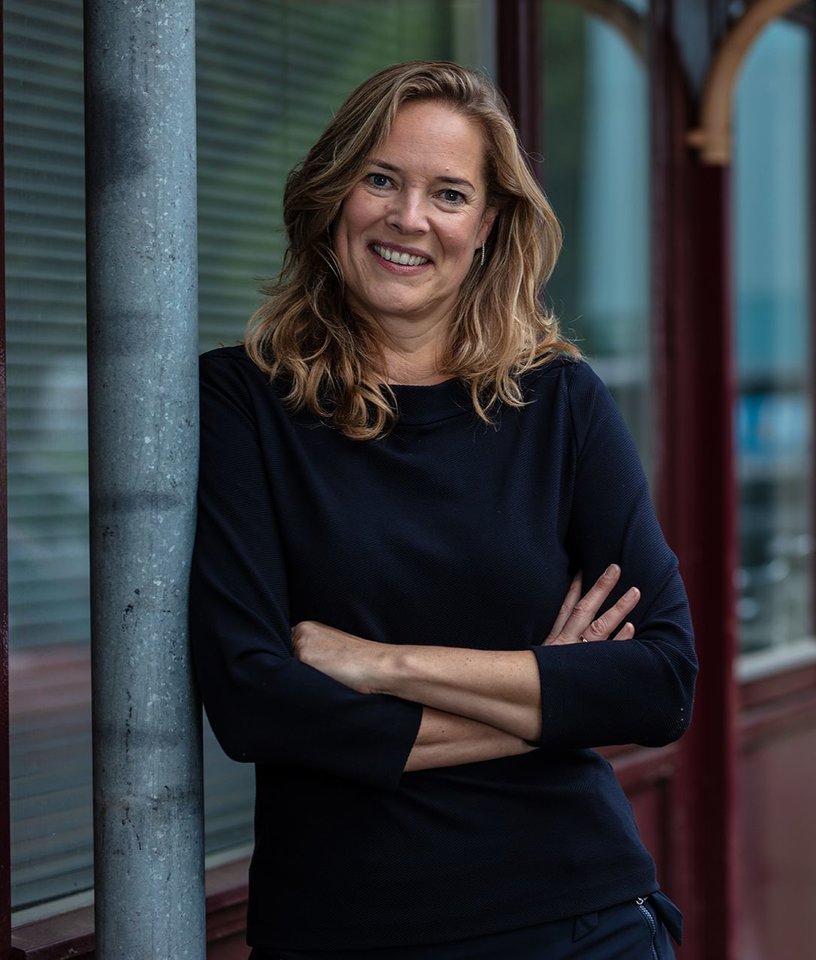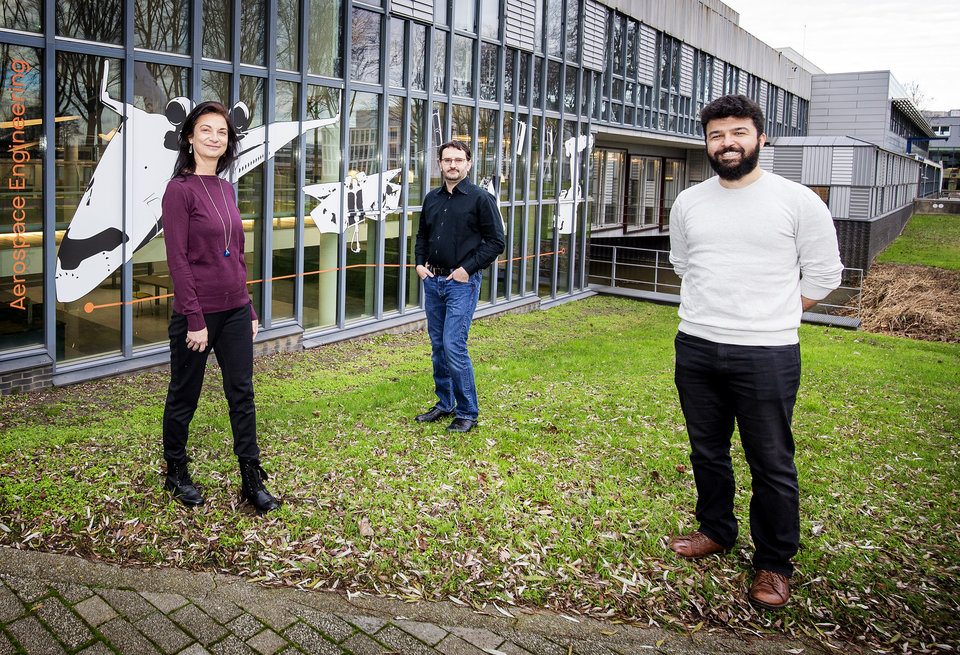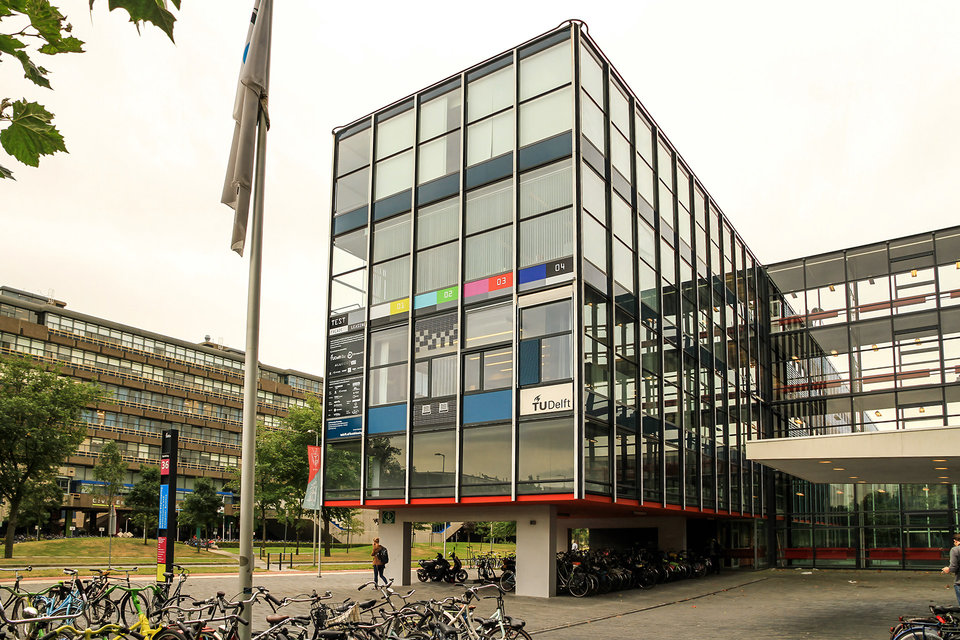TU Delft has ambitious plans for sustainability in its educational programmes, research projects and operations. During his GreenTU board year, MSc Industrial Ecology student Quan van der Knokke worked on a platform where (prospective) students can find courses and electives with a focus on sustainability, climate, or SDGs: the GreenDatabase.
How did this project come to you?
Quan van der Knokke joined the board of the university green office, GreenTU, as secretary during the second year of his master. He was looking for a chance to make a difference in the field of sustainability in real life, beyond the courses he was taking. Working for TU Delft was a great opportunity, where he learned a lot and could contribute to a greener university in many ways.
Why was this project necessary?
One of the projects during his board year, and possibly the one I am most proud of, is the GreenDatabase. My predecessors at GreenTU had identified the need for a way for people to easily and quickly find information on sustainability at and around the university such as: sustainability-focused electives, thesis projects, events, student groups and a lot more. This kind of information was quite hard to find for people looking for it. Before now GreenTU had only been able to create an initial proposal for a database platform. As someone with affinity for data, experience with programming, and who had faced this issue when searching for a bachelor thesis two years before, this was an ideal project for me to take on.
Can you tell us more about the project?
First I had to take inventory of sustainable education. The GreenDatabase project had two sides to it: building the platform, and gathering data to share on the platform. The initial release of the database contained one type of information: all courses at TU Delft, categorised and classified on whether it had sustainability-related topics in its course content or learning goals, and possible SDGs to which it related.
The data gathering was an intensive project which required collaboration from GreenTU and the faculty GreenTeams with Monika Roeling, researcher for sustainability in education at the Sustainability Project core team of TU Delft. Her initial mission at TU Delft was to create an inventory of the current state of sustainable education – which was a great match for the GreenDatabase project. Monika carried out a painstaking, manual inventory of all courses at TU Delft (over 2000!), and assessed them based on their study guide description, with support from the GreenTeams where possible. We extended her research using AI, automating ChatGPT to go over each of the assessed courses and relate their content to SDGs. Of course, all this data had to be manually checked again to ensure its validity – it is a continuous work-in-progress.
What was your role within the project?
My main focus was on building the GreenDatabase. To make all this data accessible for everyone to browse through, I got the opportunity to develop a custom script on the TU Delft website. I think I can be quite proud of the way I made this work: instead of manually typing in content into the website’s management system, this script read out data from a spreadsheet on Google Sheets. Each tab was a different type of data (for now, only courses), each row was a data item (a course), and each column was a property (e.g. a course code, which faculty or degree a course belonged to, related SDGs, etc.). And then it rendered these as TU Delft-style cards on the website, and created filters and a sorting field. It was even multilanguage, based on whether the user was browsing in English or Dutch!
Did you recognize topics from your Master course during the fieldwork project?
All work at GreenTU was closely linked to sustainability, as is my study programme, the MSc Industrial Ecology. So working on this project was a great way to put TU Delft skills such as data analysis and programming into practise. Perhaps even more importantly: it was a challenge to solve with a neat solution – that’s the kind of thinking exercise that is very helpful to be good at, as a technical student (and beyond!). I am not stating that sustainability is a topic restricted to Industrial Ecology, so I would recommend every student with an interest in the environment and climate to see how their field of study relates to sustainability, and follow, or perhaps join, their faculty’s GreenTeam.
What are you most proud of?
Conducting the board year at GreenTU was one of the best choices I made as a student. Honestly, I am happier with that choice than with my choice of bachelor, minor, master, or thesis projects (which I’m also very satisfied with). The GreenDatabase project is a perfect example of why: doing something that is useful to others, in a novel way, while collaborating with others to create the best result possible. There were some challenges on the way, especially since the amount of data seemed too large to get through, and the hurdles to getting it hosted on the TU Delft website seemed very large. But by working together, and using innovative solutions (in this case, AI) to handle part of the work, we can now look back at a project well done.
How will the project proceed?
The GreenDatabase project is far from done. More kinds of data can be added (think of potential thesis projects, or an overview of researchers working on sustainability, or a list of clubs or student associations or events that focus on sustainability). Luckily, there is a new student board at GreenTU that can take care of these steps, alongside their principal tasks of representing students and supporting the TU Delft Sustainability Project Team with the challenges of becoming a climate-neutral, circular and climate-adaptive university by 2030.
Unfortunately, all board years come to an end. So as for myself, I have moved on to doing my thesis project (a life-cycle assessment into sustainable inland shipping, for the Province of South Holland), and I am looking forward to graduating and working on more impactful projects focusing on climate and the environment.
